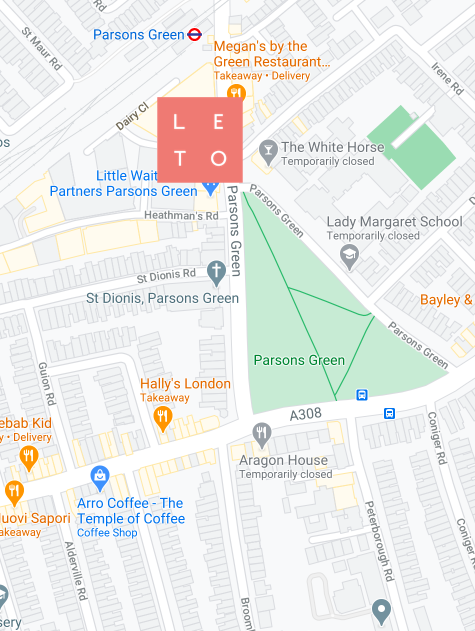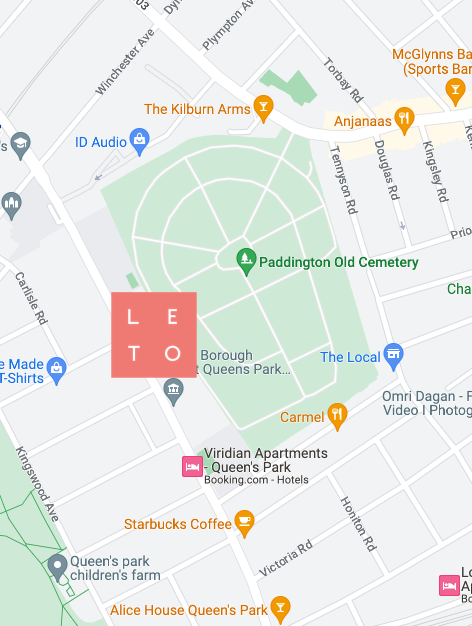
Close
Enquiry
Please see contact information below or complete the form and we will get in touch with you.

Parsons Green
3rd Floor Brigade House
8 Parsons Green
London
SW6 4TN

Queen's Park
2nd Floor
105-109 Salusbury Road
London
NW6 6RG

Jesse's House
8-10 Heathmans Road
Parsons Green
London
SW6 4TJ
Why, as a Mother, Taking Care of Your Pelvic Health Matters

Motherhood is a journey filled with joy, love, and boundless responsibilities. Amid the whirlwind of caring for little ones, it’s easy as a mother to overlook your well-being, particularly your pelvic health. However, prioritising pelvic health is not just crucial for personal comfort and confidence; it’s also essential for fulfilling the demands of motherhood effectively.
In this post, Edel McCann, LETO’s Clinical Lead and specialist pelvic health & MSK physiotherapist, explains the importance of maintaining your pelvic health during motherhood.
The impact of pregnancy and childbirth on pelvic health
Pregnancy and childbirth exert significant physical strain on the pelvic floor muscles and surrounding structures. The weight of the growing uterus, hormonal changes, and the process of labour and delivery can weaken these muscles, leading to pelvic floor dysfunction. Common issues include urinary incontinence, pelvic organ prolapse and sexual discomfort.
Balancing multiple roles
Mothers juggle multiple roles and responsibilities, from nurturing infants to managing household tasks and possibly pursuing careers. A healthy pelvic floor is essential for maintaining energy levels, physical stamina, and overall well-being amidst the demands of motherhood. Pelvic health directly influences mobility, comfort during daily activities, and even emotional resilience.
Promoting optimal postpartum recovery
Proper postpartum care, including pelvic floor rehabilitation, is vital for a mother’s recovery after childbirth. Exercises specific to your individual needs such as kegels or pelvic floor relaxation exercises can help to optimise your pelvic floor and alleviate postpartum symptoms. By prioritising postnatal rehabilitation, mothers can expedite their recovery process and regain optimal pelvic function.
Enhancing intimate relationships
Pelvic health significantly impacts sexual well-being and intimate relationships. Addressing pelvic issues, such as pain or discomfort during intercourse, can foster greater intimacy and enhance overall relationship satisfaction. By prioritising pelvic health, mothers can enjoy fulfilling intimate connections with their partners and maintain a healthy balance between physical and emotional intimacy.
Setting a positive example for children
Mothers serve as role models for their children, shaping their attitudes and behaviours toward self-care and health. By prioritising pelvic health and openly discussing its importance, mothers instil valuable lessons about self-care, body positivity, and the significance of seeking help when needed. This proactive approach empowers children to prioritise their health and well-being as they grow.
Practical tips for pelvic health maintenance
– Incorporate pelvic floor exercises specific to your needs into your daily routine.
– Practice good posture and body mechanics to alleviate pressure on the pelvic area.
– Stay hydrated and maintain a balanced diet to prevent constipation and support overall pelvic health.
– Prioritise rest to reduce stress and promote pelvic muscle recovery.
– Don’t hesitate to seek professional help if you experience pelvic pain, urinary issues or discomfort.
As mothers, nurturing your pelvic health isn’t just an act of self-care; it’s an investment in your ability to care for your loved ones effectively. By prioritising pelvic health, you can navigate the joys and challenges of motherhood with greater comfort, confidence, and vitality. Remember, taking care of yourself enables you to be the best possible caregiver to those who depend on you.
When to seek help
If you are experiencing any of the following symptoms, we encourage you to seek the help of a specialist pelvic health physiotherapist:
– Leakage of the bladder or bowel during impact exercises or when coughing, laughing, and sneezing.
– Urge incontinence: when you feel the sudden and urgent need to pass urine or stools and may or may not be able to ‘hold on’.
– Needing to go to the toilet more often than what’s normal for you.
– Vaginal dryness.
– A dragging or heavy feeling in the vagina.
– Reduced sensation or pleasure from sex.
– Painful sex.
At our London clinics in Parsons Green and Queen’s Park, you will be cared for by a positive, caring and knowledgeable team of pelvic health physiotherapists. You can read more about our specialist team here.
We respect the sensitive nature of the service and guarantee patient confidentiality and privacy at all times. If you would like to speak confidently with one of our specialist pelvic health physiotherapists, please contact us at [email protected] and we would be happy to arrange this for you.
To celebrate Mother’s Day 2024 our LETO team are giving away two one-hour postnatal or pelvic health checks which can be redeemed at either their Parsons Green or Queen’s Park clinics.
To enter to be in the chance of winning, follow LETO at @letowoman, like their International Women’s Day post and tag two mothers (or mums to be!) you admire in your life. Winners will be drawn on Friday, March 15th at midday. Good luck!

